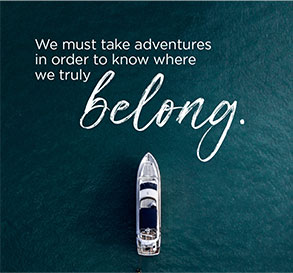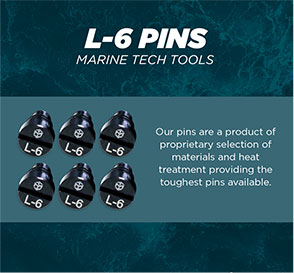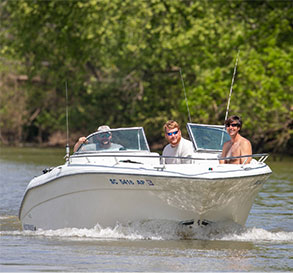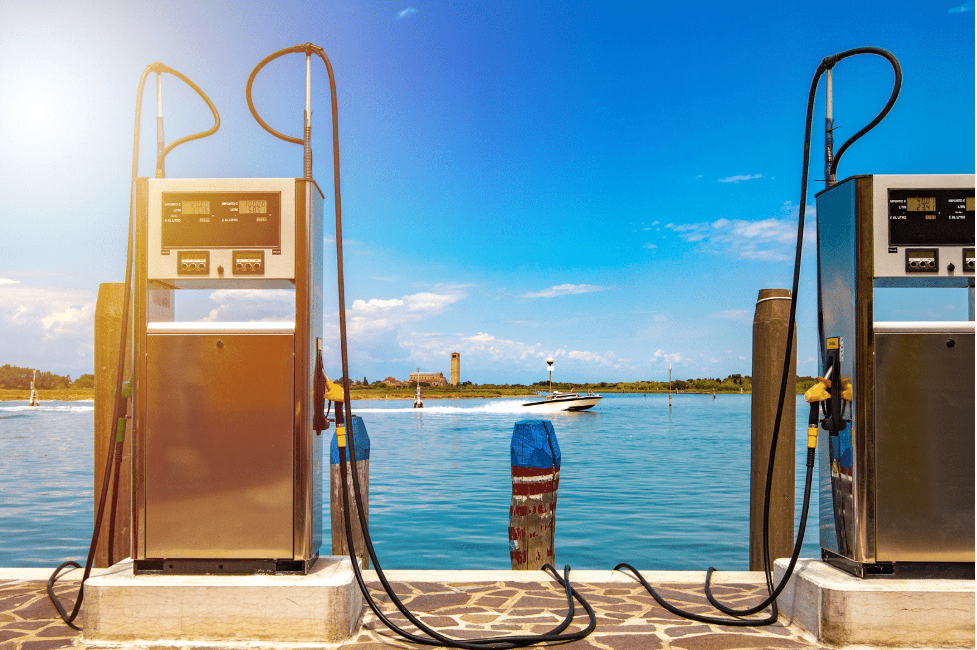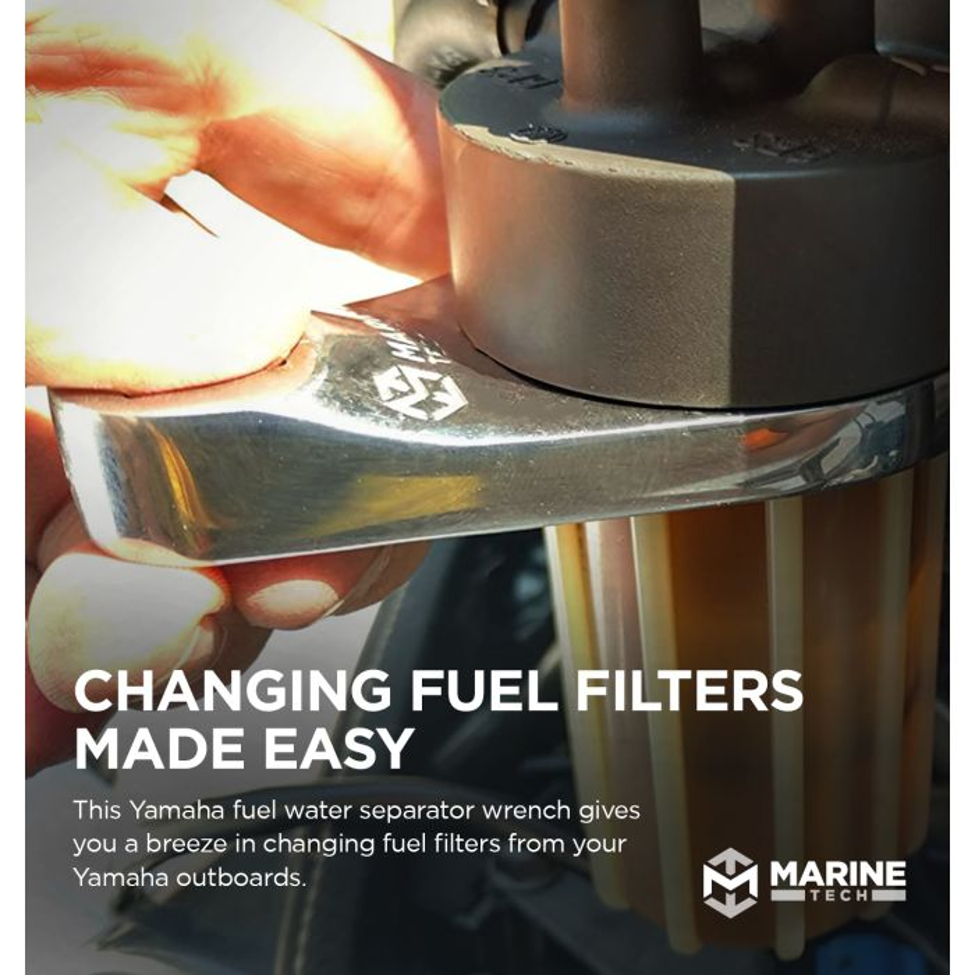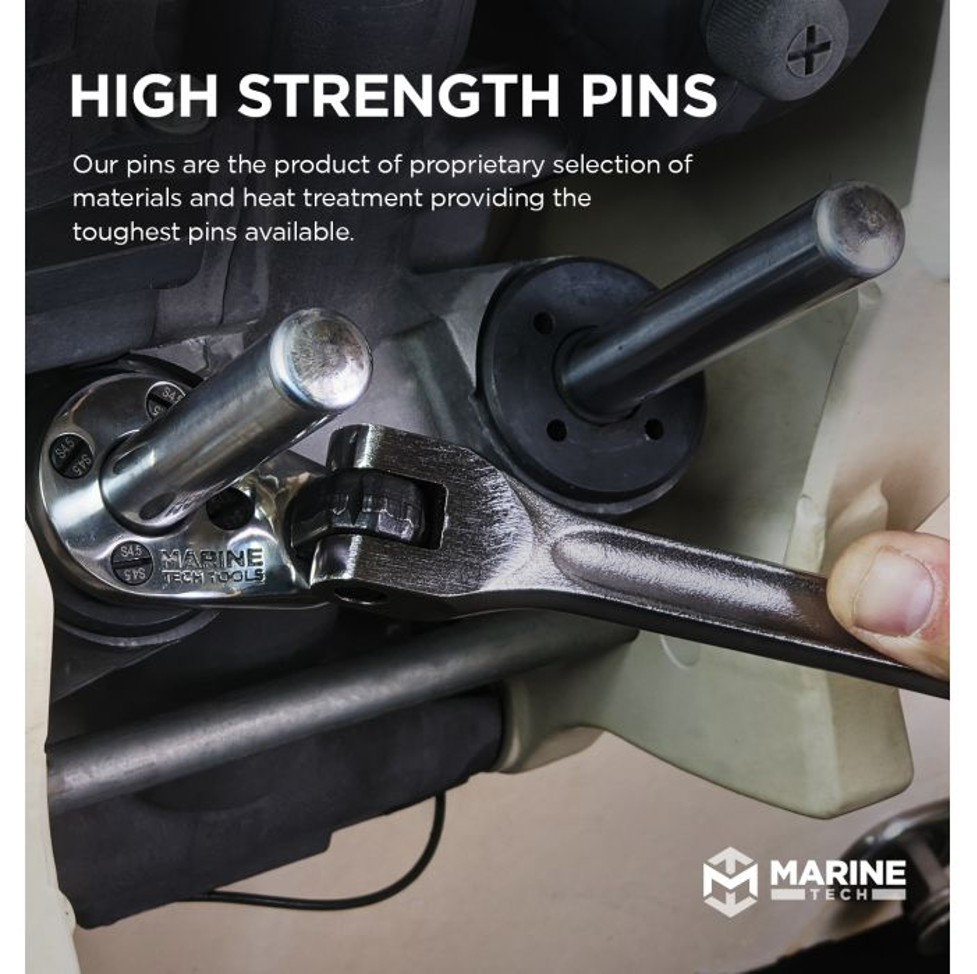As summer arrives, most of us are itching to get back out there on the water. As you make your summer plans, be sure to dedicate some serious time and thought to safety precautions, so everyone on board can make the most of these sunny days. So before you dive in, let’s talk about boat safety.
Before You Embark
The first thing you’ll want to do as you get ready for summer is to make sure your boat is ready to hit the water. Now is the time to check for any early warning signs of maintenance that needs to be done. The last thing you want is to discover a problem after you’re already out there on the water!
Problems like leaky gearcase seals, for example, start with very small indicators, but will cause major damage if left untreated. Even if you’re fairly confident your boat is in good shape, it’s a good idea to do one last check before you head out.
Essential Boat Safety Equipment

You’ll want to make sure you have all the necessary safety gear on board and in working condition. Do a once-over to check if you have all of the following items, and if any of them need replaced:
- Life jackets and other personal floatation devices
- First aid kit, including sunscreen
- Fire extinguisher
- Sound and visual signaling devices
- Flashlight
- Navigation lights
- Anchor
- Paddles or oars
- Drinking water
- Tool kit for emergency repairs
- Radio
- Carbon monoxide detector
For extra peace of mind and preparedness, you can also get a free U.S. Coast Guard Vessel Safety Check to make sure you’re up to safety standards.
Plan Ahead
Don’t just consider what you’ll take with you on the boat — you’ll also want to create a float plan in case of emergencies. At the very least, tell someone you trust where you’re going, when you expect to be back, and what to do if they haven’t heard from you within a specified amount of time.
Finally, before you head out for a day on the water, check the weather forecast and make sure you have a way to receive weather updates throughout the day. The weather can change very suddenly and without warning, so it’s best to be as prepared as possible should a storm or strong winds pop up.
Staying Safe on the Water

Once you’re out on the water, don’t let your guard down. Like driving a car, operating a boat requires that you stay alert and pay attention to your surroundings. Never drink and drive your boat, and if possible have a backup driver who can step in should the need arise.
It’s also a good idea to read up on your state’s boating requirements and regulations, and to brief any passengers ahead of time on what to do in case of emergency.
Some other safety tips to keep in mind include:
- Keep an eye out for signs of changing weather, other boats in the vicinity, and wildlife.
- Remember to reapply sunscreen every two hours.
- Require all passengers to wear a life jacket that fits correctly.
- Turn off the motor if someone falls overboard or when approaching someone in the water.
Don’t neglect to review safety procedures before embarking, even if you and your passengers are experienced boaters. Remember: it’s always better to be too careful than not careful enough!
Use Common Sense & Stay Safe
While you can’t be 100% prepared for every possible emergency, the more attention you pay to boat safety ahead of time, the better equipped you’ll be to handle whatever circumstances may arise. Be smart, pay attention to what’s going on around you, and don’t forget to have fun!




